How to cope with anxiety and stress during a virus outbreak
Camille Bethoux, Uplifters Head of Programs and Mental Health First Aider
The current Covid-19 outbreak has dire consequences on the Migrant Domestic Workers community in Hong Kong, leaving many stressed and anxious. While you can’t control the pandemic, you CAN take care of your mental health and check in on others.
Migrant Domestic Workers are badly hit
It has been a challenging couple of weeks in Hong Kong, especially for Migrant Domestic Workers and other vulnerable groups. This is on top of an already stressful situation with the latest wave of Omicron. Some domestic workers who have tested positive for COVID-19 were wrongfully terminated from their employment contracts. They also have struggled to access healthcare and places to quarantine – with some who had to sleep on the streets or in shelters.
The level of uncertainty has never been so high, considering that the situation is constantly changing and the information about the virus remains incomplete.
Our human brains hate uncertainty
The current fifth wave of fast-spreading Covid-19 infections, compulsory tests and isolation are fuelling everyone’s anxiety. And the ever-changing Covid-19 rules and restrictions only makes it harder to cope.
Being stressed by all this uncertainty is normal. Clinical psychologist Dr Sharmeen Shroff explains how, as humans, we are wired to feel safe and in control: “This inability to tolerate uncertainty is one of the central features of anxiety disorders – uncertainty is difficult for us as humans to tolerate”.
Many report that waiting for the result of a Covid-19 test is the most anxiety provoking. Not only can we not control the result but we also are unsure of what the next steps would be after testing positive – especially for domestic workers living with their employers or in crowded boarding houses, as Hong Kong faces a shortage of quarantine space.
To better cope with this feeling of helplessness, experts advise to focus your time and attention on things you can control in order to help reduce stress and anxiety.
Recognize stress and anxiety, in you and others
Stress and anxiety are different emotions. It is normal to feel either or both in Hong Kong’s current climate.
Generally, stress is a response to an external factor and subsides once the situation has been resolved. Anxiety, on the other hand, is defined by persistent, excessive worries that don’t go away even in the absence of a stressor. It’s origin is internal. You can read more about the difference between stress and anxiety here.
Common symptoms can be looked for but stress and anxiety can take various forms and differ from one person to another. That’s why it is very important to know yourself well and to be surrounded with trustworthy people who can also help you recognize signs of distress. Consider that you too can help your friends monitor their own mental health.
It is important to acknowledge your feelings to better cope with the situation.
The number one tip: stop struggling and show yourself self-compassion.
Like with every other emotion, stress and anxiety are easier to deal with when acknowledged and accepted. Struggling against anxiety and stress will only make these emotions feel stronger.
Expressing our emotions helps release the energy we often suppress inside us. One easy way to express our emotions is to name them. It’s a key step and a great skill to have. Telling others how you feel will help them support you. Most importantly, once an emotion is understood and named, it can help you take the right action.
You can try this 5 steps emotions management process
- PAUSE and feel what’s happening in your body
- CONNECT your physical feelings to an emotion
- NAME the emotion to fully acknowledge it
- ACCEPT the emotion for what it is. Don’t judge it.
- DECIDE what would be a useful way to react, for you and others
It is equally important to be kind to yourself. Sharing with the community about how to safeguard our mental health in times of crisis, Guleed Dualeh, Mental Health And Psychosocial Support Coordinator for IFRC based in Hong Kong, advised:“One of the things that is very important these days is to show self-compassion, be kind to yourself. We have a tendency of judging ourselves harshly. If you want to hear more advice from Guleed Dualeh, you can watch our 7th Antivirus Episode “Taking care of your physical and mental health with Doctors Without Borders”
Build your personal resilience through the pandemic blues
There are many ways you can take care of your mental health. Start with small adjustments to your daily life. They can have a huge impact on your well-being!
- Sleep, move and eat well: Try to get as much of a healthy life as possible. When tired, we easily become hypersensitive. We overreact to everything that we're presented with (a lot these days!)
- Practise mindful breathing: Try to step away one or two minutes from your work a few times a day to just breathe, and focus on your breathing.
- Focus on mono-tasking: when you can, assign blocks of time to focus on specific tasks rather than multitasking
- Cultivate compassion: Be kind to yourself and others, this increases happiness and reduces stress. Remember, it’s okay not to be okay!
- Keep a healthy routine: Routine helps a lot! Be it gentle yoga moves in the morning or phone calls with your loved ones in the evening.
- Limit your time on social media: Keep yourself updated but do not spend too much time on social media. Try to stick with one trusted news outlet.
- Connect with your friends: Make use of your community to keep social connection, ask for help if needed and show support. We’re all in this together!
Dr Shroff says resilience isn’t necessarily about being strong. “It’s about being flexible and adapting as uncertainty unfolds. like bamboo, that can bend in different weather and conditions. You know you are more resilient if you can get through day-to-day life without worry, feeling anxious.”
There is light in the bamboo forest
This pandemic is tough. Stress and anxiety are normal feelings that need to be acknowledged and accepted. Remember, be compassionate and stop struggling. Difficult emotions come and go. Some days you’ll feel down and might need the support of your friends and family. Other days, you’ll feel hopeful and strong: it’ll be your time to offer up some support. Let’s learn from each other how to cope and bend like bamboo, our own way but together.
If you find it hard to manage certain emotions or if your feelings of stress and anxiety do not seem to get away, speaking to someone may help to organise your thoughts and feelings, and support you in what you are going through. Here are some resources and organisations you can consult and contact that provide free hotline and counselling services.
Find here a sign-up form for domestic workers in need of counselling. Sessions are organised by HELP for Domestic Workers and free of charge.
More resources to take care of your mental health during Covid-19 crisis:
- Mind HK created some resources for migrant domestic workers managing mental health and anxiety around COVID-19, managing quarantine and seeking help.Their guides on caring for mental health during the pandemic are very useful and are available in English, Bahasa Indonesia, and Tagalog.
- This 14-day quarantine Wellness Kit from HKU is also helpful when isolating.







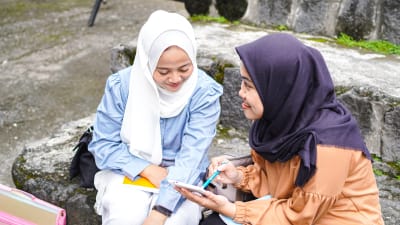







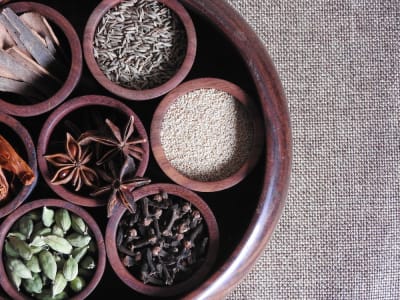
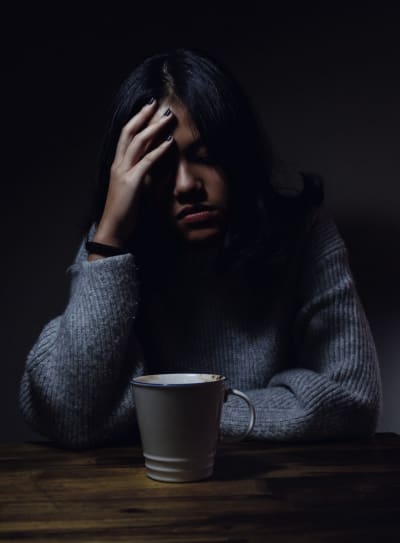
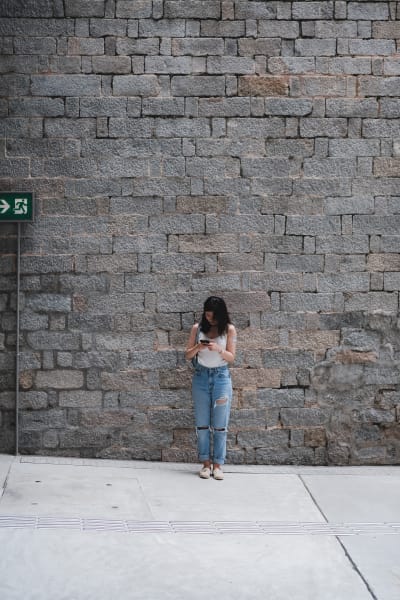





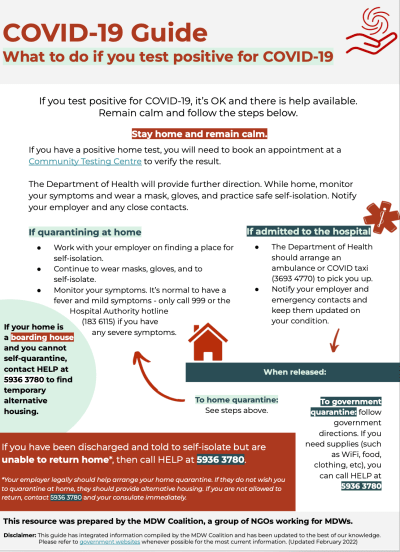



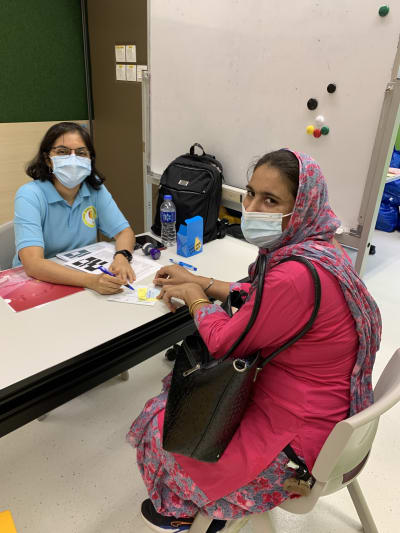


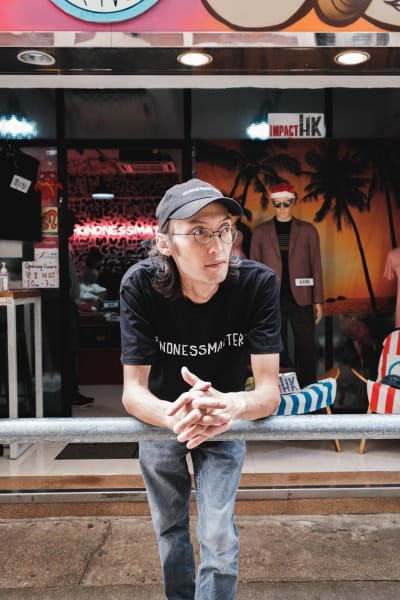

9dde49c3be6bac6166d59fb7abf39532)
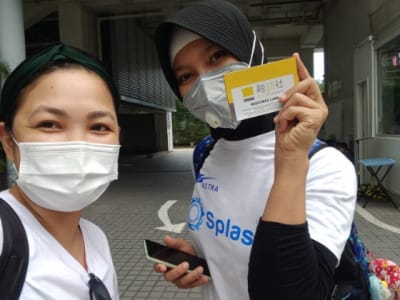






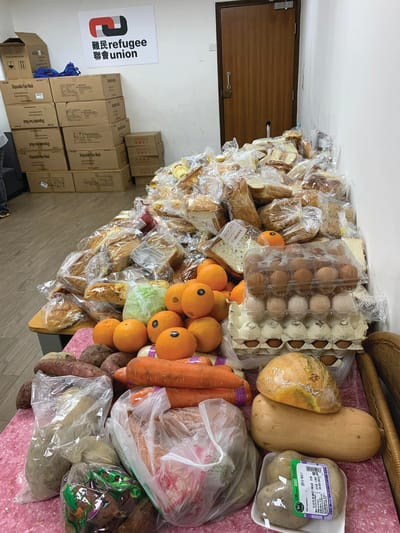


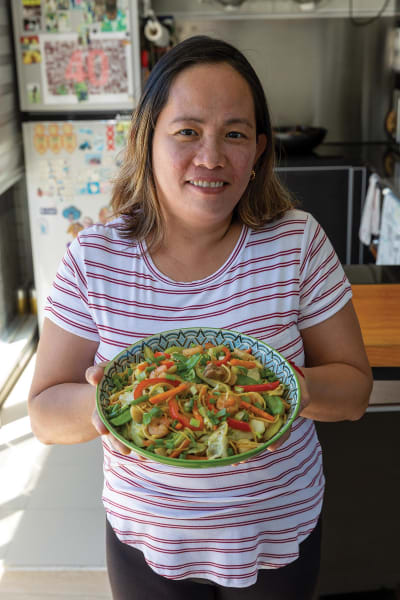





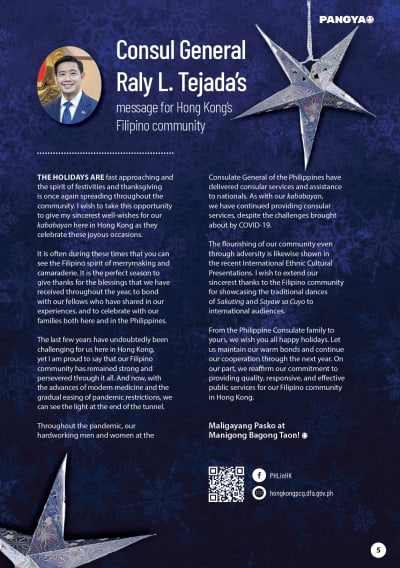






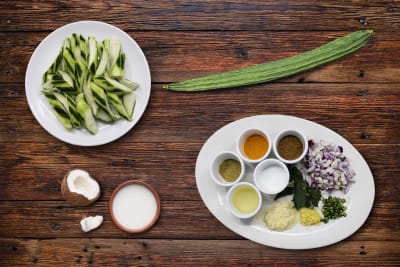







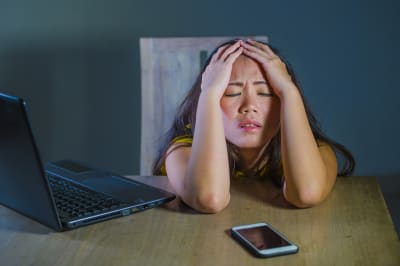

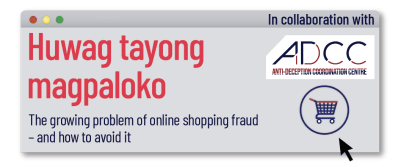
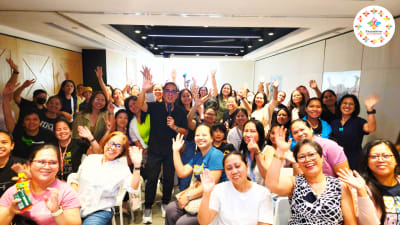
 (1)4b7355993ca6165c683913d00254e725)
6c2435b2dd0927f22b3222b88d21fb70)
